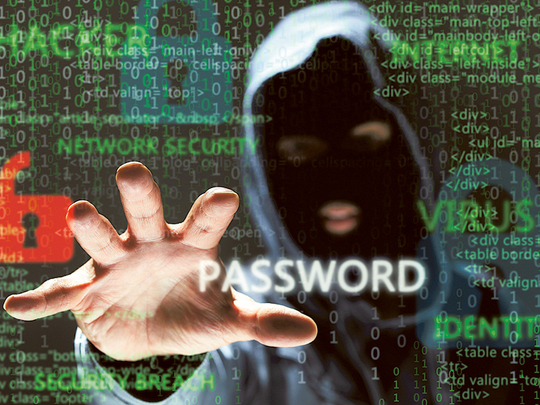
Dubai: UAE residents have to be more cyber-savvy when it comes to protecting their privacy online, recent research has revealed.
In a study carried out by Kaspersky Lab, experts discovered that while some UAE residents use extreme, but inadequate methods, the statistics show that other Internet users do not take the right precautions in protecting their information online.
Some of these extreme methods even include hiding their devices from prying eyes.
David Emm, Principal Security Researcher from Kaspersky Lab said: "These findings demonstrate two extremes - one the one hand there are people who think they can keep their data safe by, for example, hiding their computers; but on the other hand there are still those who are simply not taking the necessary precautions online.”
The research found that 25 per cent of Internet users in the UAE covered up their webcam, in an attempt to protect their privacy. Useful in itself, it is important to recognise that covering a webcam cannot prevent audio interception and protect users from being heard to by hackers or malicious groups.
“People need to become more cyber-savvy - with today's security solutions it's possible to protect yourself from cyberthreats, without having to go to the extreme lengths of hiding a computer," said Emm.
In addition, 17 per cent of those surveyed admitted that they try to avoid using popular websites like Google and Facebook because of the personal information they gather, despite the fact that it is normal practice for almost all websites to track users and collect some user data today.
Furthermore, only 23 per cent of Internet users in the UAE said they feel targeted online, and 23 per cent said that they do not think a security solution is necessary – raising questions about their online awareness and ability to protect themselves from harm.
Up to 31 per cent of people also said they tend to store sensitive data on devices that have no Internet access, mistakenly thinking that this will guarantee the protection of their data.
However, although this theory is grounded in logic, and is essential for securing backup data from the effects of a ransomware attack, even without an Internet connection it is possible for a device to be infected via a connected smartphone or USB stick.











